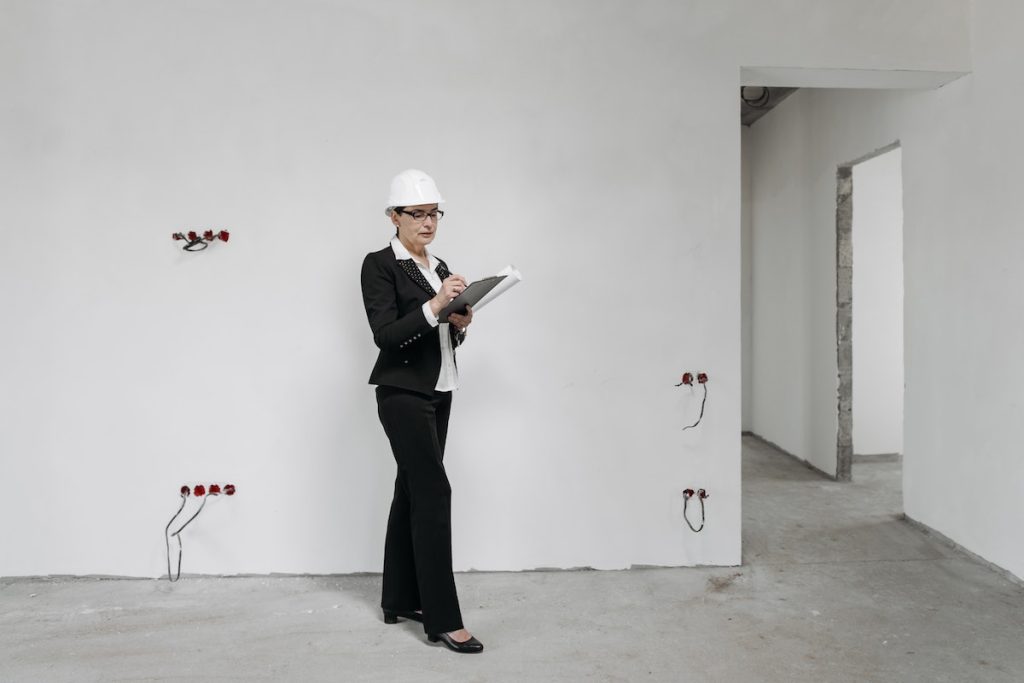- Property assessments are changing to become more sustainable and efficient; EPC assessments provide invaluable data on energy usage and improvements.
- EPC assessments help identify potential areas of improvement, encourage sustainable practices, improve indoor air quality, and increase property value.
- Current assessment techniques rely on data collection and analysis combined with manual inspection; new technologies are revolutionizing the field.
- Technologies like 3D mapping and geo-tagging reduce costs and improve precision while providing quick access to property data.
- These new capabilities lead to improvements in pricing models, increased visibility, and improved accuracy in mortgage rate calculations.

As the world moves toward greener and more sustainable solutions, it’s increasingly important to understand how property assessments will change to keep up with our changing environment.
Assessing properties’ sustainability and energy efficiency is becoming an increasingly important part of the process. This shift is driven by a desire to reduce carbon emissions and protect the environment and the need to reduce costs and improve the value of properties.
Sustainability goals mean that assessments must become efficient and better align with current energy-efficiency practices while maintaining traditional layers of regulation. This article will look closer into the future of property assessments and what approaches will help ensure their success for years.
The Role of EPC Assessments
EPC assessments for properties provide invaluable data for measuring the energy efficiency of a building. They can give detailed information on the amount of energy used and what improvements are needed to improve the energy efficiency of each property. They help identify ways to save energy and money and reduce carbon emissions.
This makes them essential tools in assessing a property’s value, as they can reveal areas that need improvement and estimate the associated cost savings from those improvements. With this data available to assessors, making informed decisions about property investments and potential resale values becomes more accessible.
How EPC Assessments Impact Sustainability and Efficiency
Energy Performance Certificate (EPC) assessments have become an essential part of the property market in recent years, particularly for those concerned about sustainability and efficiency. Here are four ways that EPC assessments impact sustainability and efficiency:
Identifying Areas for Improvement
EPC assessments provide a detailed analysis of a property’s energy usage and highlight specific areas that need improvement to make it more energy-efficient. This information can be used to make changes that can help reduce energy consumption and lower costs in the long run.
Encouraging Sustainable Practices
In addition to identifying areas for improvement, EPC assessments also encourage using sustainable practices such as installing renewable energy sources like solar panels or wind turbines. This can help reduce the property’s carbon footprint and promote a more eco-friendly lifestyle.
Improving Indoor Air Quality
Also, EPC assessments examine indoor air quality, which is crucial for the health and well-being of the occupants. Property owners can take steps to improve air quality and create a more comfortable living space for their tenants or themselves by identifying potential problems such as mold or dampness.
Increasing Property Value
Apart from the benefits mentioned above, EPC assessments can also significantly impact a property’s value. A higher EPC rating can make a property more attractive to potential buyers and renters, particularly those who prioritize sustainability and energy efficiency. This can lead to a faster sale or rental of the property and a higher return on investment for property owners.

The Current State of Property Assessments
The current methods used to assess property values are far from one-size-fits-all; each assessment considers various economic, demographic, and geographical factors. Such assessments can involve anything from gathering data related to local real estate transactions to manually inspecting the property.
Current assessment techniques rely heavily on collecting and analyzing various forms of data and considering regional trends or any other relevant information to ascertain the potential value of an assessed property.
The most successful assessors must be analytically minded yet possess excellent interpersonal skills to capture the essential details needed for a successful assessment accurately.
The Future of Property Assessments
The introduction of new and emerging technologies in property assessments has the potential to revolutionize the field. Technologies such as 3D mapping, virtual reality, drones, and geo-tagging all allow for rapid data collection and evaluation of properties in much more efficient ways than before. These new tools help reduce costs associated with property assessments and improve sustainability by using fewer resources.
Additionally, these technologies open new doors for the real estate industry as they shed traditional approaches for quick and accurate access to property data without physical inspection. With this new capability comes higher levels of precision which could lead to improvements in pricing models, increased visibility into home values, and improved accuracy in mortgage rates calculations.
Ultimately, it is clear that the future of property assessments lies in embracing new and emerging technologies. The introduction of EPC assessments and applications is set to revolutionize how real estate professionals assess and analyze properties. These advancements can improve accuracy, efficiency, and sustainability when evaluating properties.
With these new tools and technology at our fingertips, it has always been challenging for property professionals to make smart investment decisions. As the real estate industry evolves, these technology-driven assessments will only become more critical as moving forward.



